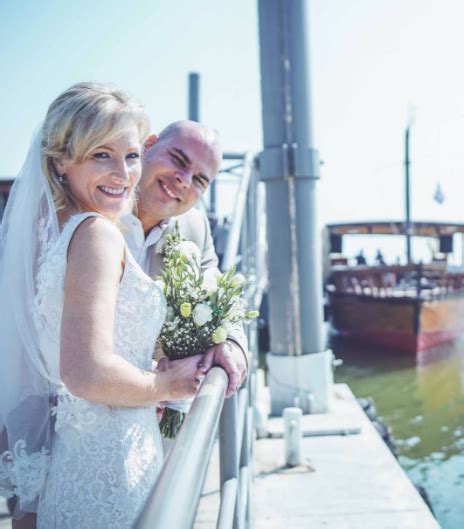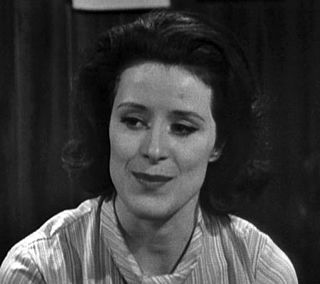A Quote by Phyllis Logan
If you find yourself caring for a relative with dementia, the chances are you'll need help.
Related Quotes
I once heard a man say he knew there was a God, he just didn't think he needed Him. It is nice to take care of yourself and be independent, but it is also nice to know that you have a resource to rely on in times of need. If you are used to fending entirely for yourself, then when a catastrophe occurs you will expend a lot of energy looking for help at a time when you need your energy looking for help at a time when you need your energy for creative work.
Punishment by definition isn't going to help. So what you need to do is to help people to change and recover is to help them find different areas of passion and help them find better ways of coping. Because about 50 percent of people with addiction have a preexisting mental illness, about two-thirds have had some type of severe trauma during childhood, and they are not using to the point where they're risking their lives because it's fun. They're doing something to help them cope.


































